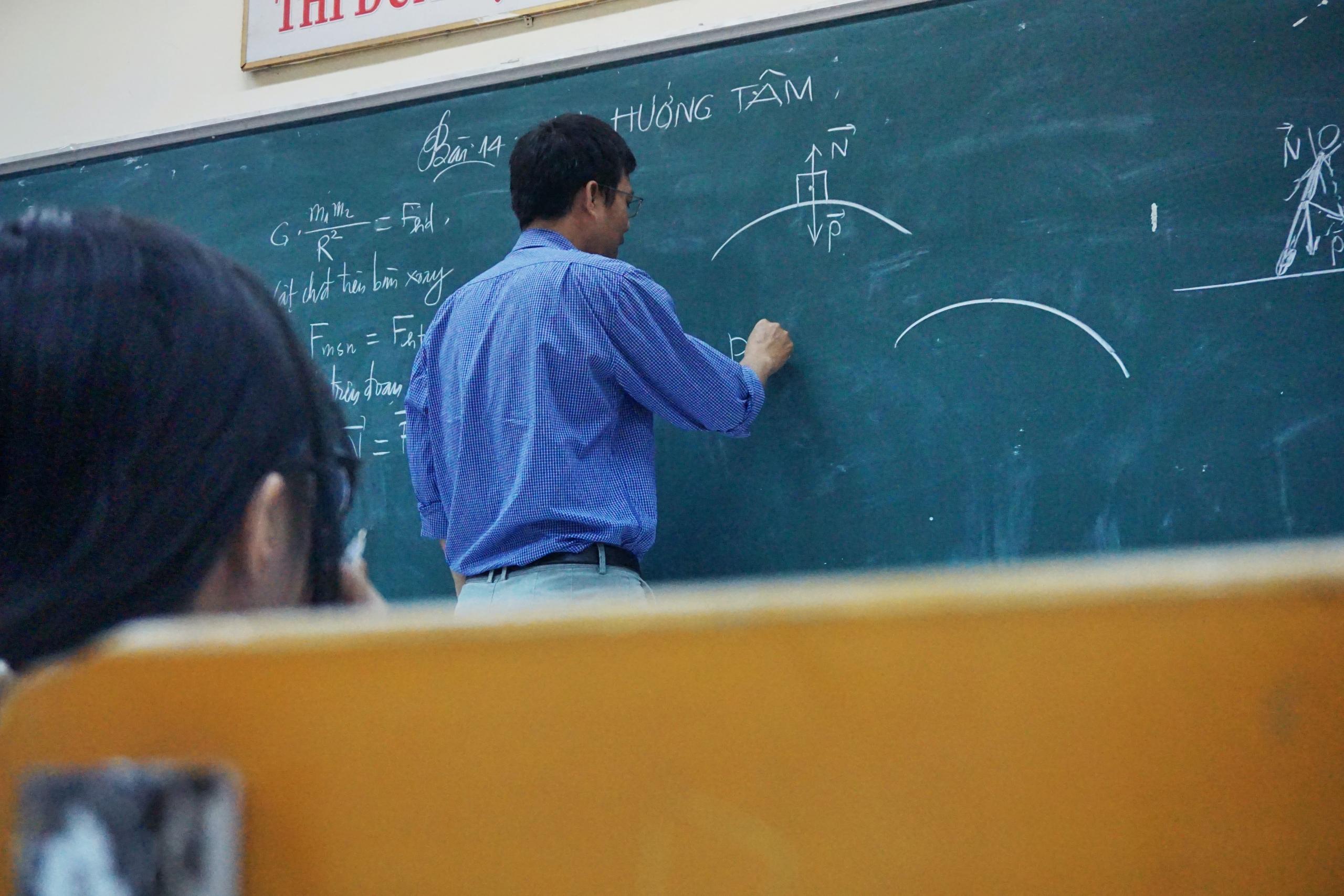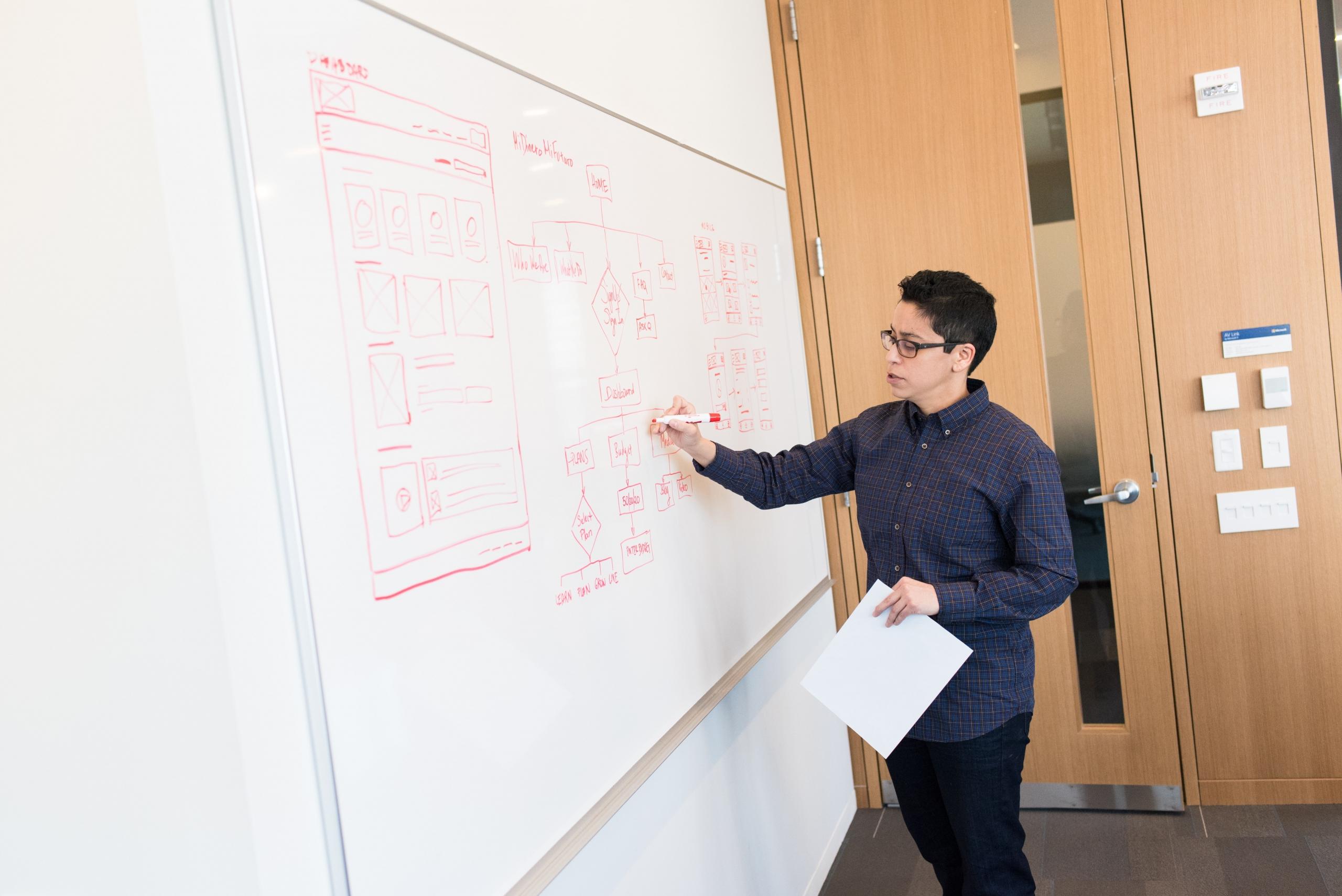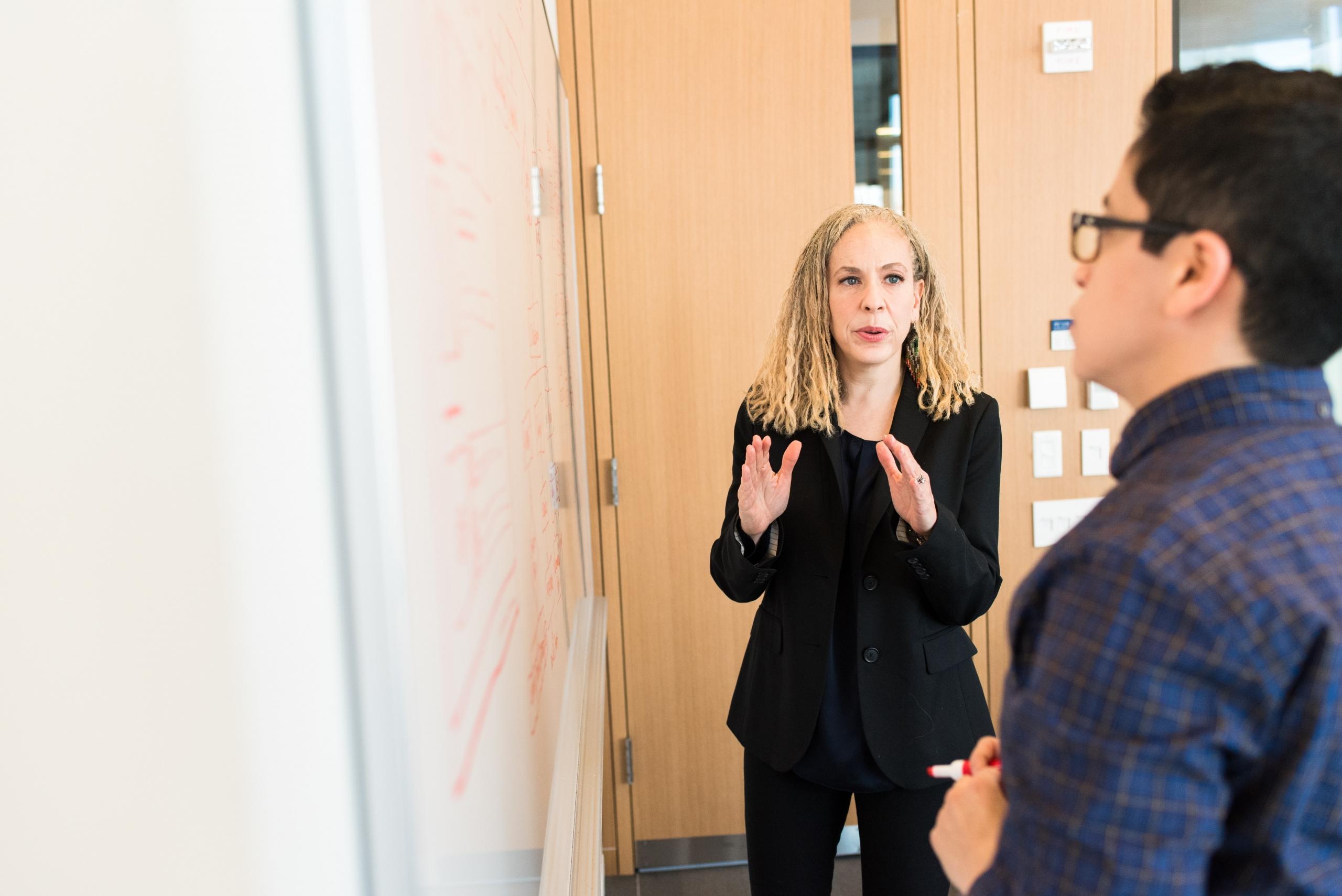Finding the best calculus classes in Los Angeles, California can be a little tricky since the city is so big. There are plenty of schools, math academies, and tutors teaching and offering lessons to high school and university students.
In this article, we will tell you how to find a calculus tutor in Los Angeles, why learning this subject is important, the topics you'll cover in class, and some tips to make learning easier.
Learn about calculus and where you can get some lessons in the United States.

Find calculus tutors in LA
A tutor is a private teacher that provides one-on-one classes to students who need extra help with any subject in school, college, or university. Private tutoring can be online or in-person, it all depends on the student's needs and the tutor's availability.

If you choose the online modality you get to stay home but it will be hard for your teacher to see what you're doing. On the other hand, in-person classes sometimes work better but tutors and students have to commute to a given place, and sometimes that can take hours of your day.
Looking for calculus tutors in Los Angeles, California won't be an easy task to fulfill because the city is so big and there are plenty of private tutors offering a calculus (or math) course.
However, online private tutoring can be a great solution for a city as big as Los Angeles because you wouldn't have to worry about transportation, rush hours, or finding a location to work.
To find good tutors your must come up with a list of things that you consider important in a teacher. For instance, some people pay attention to their years of experience, others like to see their teaching methodologies, and some people prefer to find a teacher's reviews online.
If you look for tutors on Superprof you'll see that the profile of each teacher (whether they teach mathematics, statistics, algebra, English, history, etc), has all the information you need.
The profile of tutors on Superprof contains a picture of them, their hourly rate, their years of experience, their teaching methods, the levels and subject they teach, and more.
A tutor can also offer the first lesson for free so that the student gets to see what the tutor is like. During this free session, you should ask your tutor for reviews and challenges they've faced during the job. Think of it as a job interview or a test! Asking for reviews will help you understand how the tutor works, what their past students think of them, and more.
Keep in mind that at the end of the day, private tutoring is a business and tutors have to make a living from the courses they teach.
Attend calculus lessons in Chicago.
Why is calculus important?
Calculus is the star field within mathematics because it is applied and used in many other fields of study like physics, biology, business, computer science, neuroscience, and much more.
There are plenty of different college classes devoted to teaching this subject. There's precalculus, calculus 1, calculus 2, and so on. The goal is to prepare students for future courses (depending on their college program). Calculus can be a prerequisite for classes in engineering, physics, chemistry, and other majors.
Many high school and university students believe that math courses (like algebra, statistics, geometry, etc) are a waste of time. This belief has spread throughout the years because teachers have failed to effectively communicate the uses and applications of math calculations.

Calculus is the study of continuous change and the most common practical use of calculus is when plotting graphs of certain formulae or functions.
If you've ever had a physics class, you've probably been using a lot of calculus principles. Within the physics world, you use calculus in concepts like harmonics, acoustics, astronomy, electricity, motion, light, heat, and dynamics. Even advanced physics concepts including electromagnetism and Einstein's theory of relativity use calculus.
On the other hand, calculus is used in economics and business to calculate the marginal cost and the marginal revenue, enabling economists to predict sales profit in a specific setting.
As we mentioned, calculus can be useful for many different subjects and fields, and as a student, you should try to change your point of view if you want to improve your relationship with math class.
Get a calculus tutor in Houston.
Calculus for beginners
As we already mentioned, calculus is the study of continuous change. In other words, it is the study of rates of change of functions and accumulation of infinitesimally small quantities.
This field of mathematics is divided into two branches, differential and integral calculus.
Differential calculus concerns rates of changes of quantities and slopes of curves or surfaces in 2D or multidimensional space. On the other hand, integral calculus involves summing infinitesimally small quantities.
Here are some of the topics you'd learn about in a calculus class:
- Limits of a function
- How the derivative of a function is derived
- Rules of differentiation
- Derivatives of common functions
- What the derivative of a function means
- Working out derivatives from first principles
- 2nd and higher-order derivatives
- Applications of differential calculus

There are three basic courses that students in the field of science are required to take, and these are precalculus, calculus 1, and calculus 2.
On precalculus, you'll learn algebra and trigonometry, which will prepare and give students the basis to study and understand calculus.
The curriculum of a precalculus class usually includes learning about certain mathematical concepts like quantitative reasoning and functions. The units covered in precalculus usually are functions, inverse functions, complex numbers, and rational functions.
The next class is calculus 1, which is usually a pre-requisite for calculus 2. This course is primarily focused on differential calculus and the related concepts. The units covered during a semester usually are limits, derivatives, applications of derivatives, and integrals.
Finally, there's calculus 2, which is usually a pre-requisite for other classes in engineering and science majors. This is an extension of the previous course and some of the units covered are differential equations, sequence and series, application of integrals, and trapezoidal rule.
Learn calculus in Atlanta.
How to learn calculus?
If you don't have much experience being successful in math class, then you'll probably need some tips to follow if you want to succeed during your college calculus lessons.
First, you'll need a notebook with squared pages, a pencil, eraser, pen, ruler, and a scientific calculator. These are the basic supplies that will come in handy while you're learning math.
The first step to start learning is dominating other basic math concepts. Calculus is a branch of mathematics and to understand it you need to understand other branches too.
Some of the branches you should know and understand are arithmetic, algebra, trigonometry, statistics, and geometry. Knowing the basic operations and properties of each of these subjects will help you understand calculus better.
The second thing you have to understand about calculus is that it has two different branches and you'll have an opportunity to study each one. Calculus is all about the rate. Learn the rate of change time vs velocity, time vs distance, and so on.

Once you understand each concept you can start paying attention to the formulas. In any branch of mathematics, you'll have to get used to using formulas to calculate different things. In the case of calculus, derivatives and integral have basic formulas of their own.
We recommend you understand each formula and what its purpose is. Because if you memorize it you'll only learn it for the upcoming test and then forget about it. Memorizing formulas seems like less work but in the long run, it is more work because you'll eventually forget it and you'd have to go back and memorize it over and over again.
The next step is learning and understanding limits. You'll find that this can be a very tricky part of calculus and that you might take more time during these lessons than you do for others. But you must understand and manage limits easily.
Once you understand limits you can start learning about the Fundamental Theorem of Calculus. The purpose of the theorem is to understand that differentiation and integration are inverse to each other.
Finally, the next step in your calculus education involves being patient and working hard. You'll never become good at math if you don't practice daily. You must dedicate time and energy to do concept reviews, practice exercises, and overall gain experience.
We are not saying you should sit down at your desk for hours every day, but it is useful to at least practice a few minutes every day. If you work on calculus for hours at a time you'll end up burning out, so be careful!
Keep in mind that learning can take one year or it will take years, it all depends on how much energy and attention you put into the subject you're trying to learn.
Where can you learn calculus in New York City?
Summarize with AI:















